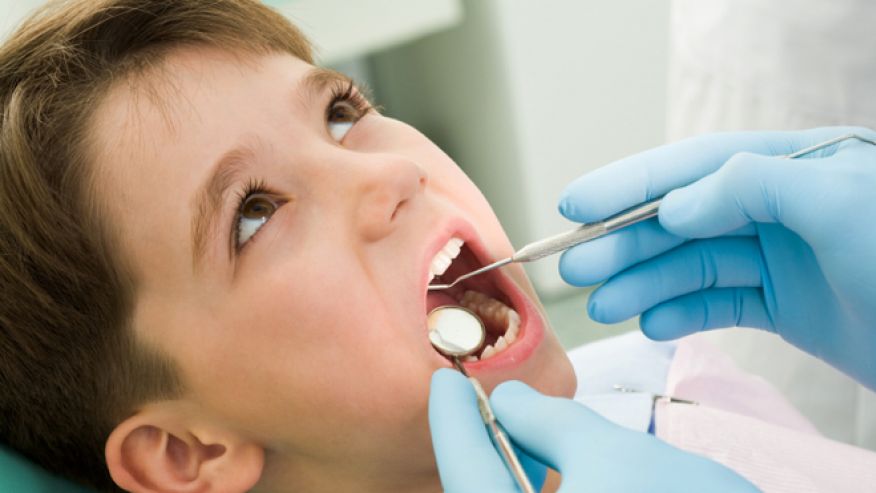Recently and article was published regarding a connection to dental x-rays and brain tumors.
Dental X-rays Linked to Common Brain Tumor
Here’s what Dr. Holleron has to say about this very important topic:
We are also concerned about the radiation that our patients receive during radiographs at our office, that is why on new patients, the doctor goes in before ordering any x-rays to determine which, if any, x-rays are needed. At Tooth Acres, we don’t believe in “routine radiographs.”
Once we see a new patient we determine when and how frequently they should have dental radiographs to prevent the progression of oral disease or the appearance of new disease.
We also rarely order a “full mouth series” which is actually 20 separate x-rays. This type of radiograph generates a lot of radiation to the patient and we believe that a panorex and four “bite wing x-rays” can provide more information with less radiation.
In dissecting the current study, a few points should be considered:
- “The findings cannot prove that radiation from imaging caused the tumors. The results are based on people who were likely exposed to higher levels of radiation during dental x-rays than most are today.” The study does not show cause and effect, merely an association. Another similar association is that “clefted” ear lobes have a higher correlation with heart disease however no cause and effect is present there either. Additional newer x-ray machines and better dental x-ray film have lessened the required exposure needed for high quality dental x-rays, thereby lessening the overall exposure to the patient. We also use a lead apron to cover the body when taking x-rays to limit the body exposure.
- “They found a small risk (from) a pair of bite wings, but not a full mouth series, which is multiple bitewings. That inconsistency is impossible to understand to me,” said Dr. Alan Lurie, president of the American Academy of Oral and Maxillofacial Radiology.” Full mouth x-rays produce at least 5 times more radiation to the patient than do bitewing x-rays and we would expect that this type of radiographic examination would certainly increase the odds of getting a brain tumor, however it does not.
In summary, I find no real problems with this study, but it should be considered as that, a study. We should certainly be aware of the dangers of dental radiation and do our best to limit radiation to patients whenever we can, but not at the danger of not diagnosing dental disease. In our business it is called “Clinical Judgment,” and I always use my best clinical judgment in evaluating your dental x-ray needs.



